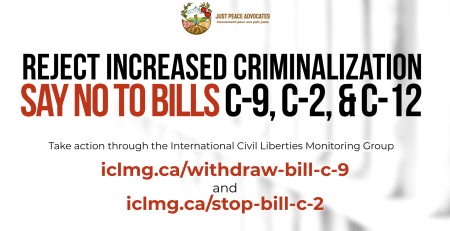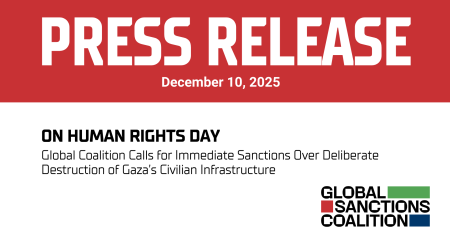IMMEDIATE RELEASE
Canada silent on India’s colonization of Kashmir
Last week a few media sources reported on India’s evictions of forest dwellers based on an AFP report. Canadian media continued to be silent on the Indian occupation of Kashmir.
In the Kanidajan area of Indian occupied Kashmir, 45-year-old Biya Bano told AFP that forest guards warned that her family which includes eight children would be burned alive inside their log home if they did not immediately vacate it.
Officials had entered the Kanidajan’s hills to cut down 11,000 fruit trees cultivated by dozens of subsistent families.
This is part of the genocide and ethnic cleansing underway, that has followed the introduction of the domicile law on March 31, 2020, which allowed non-Kashmiris to acquire property and settle in the state.
Over the last few months over 3.3 million domicile certificates have been issued by the occupying power to its own settler population.
Within a few months the government of India has shifted the demographics in the occupied region to being one-quarter non-Indigenous settlers. To put this in context, a similar shift has happened over a half century in the occupied West Bank of Palestine with less than one million settlers, also resulting in a population that is about one-quarter non-Indigenous. This has resulted in many United Nations resolutions and much attention. In just a matter of months, India’s colonization of Kashmir has made a similar demographic change.
The recent AFP report provides an insight to the on-the-ground military occupation that is destroying trees, crops, livestock, and forcing people violently from their homes. There are close to a million Indian troops in occupied Kashmir, making it the most militarized area of the world.
Since Jammu and Kashmir is an internationally disputed territory, the 2020 domicile law, which entails forced transfer of populations and settlement, is in contravention of international law.
This population transfer is prohibited by Article 49 of the Fourth Geneva Convention and condemned by the United Nations Sub-Commission on Prevention of Discrimination and Protection of Minorities.
Under Article 1 of the Fourth Geneva Convention, all high contracting parties, which includes Canada, are required to take action to ensure respect for the convention “in all circumstances.”
With the introduction of the domicile policies, the Indigenous population of the region is under threat, and one step closer to genocide.
In 2019, Genocide Watch issued a “Genocide Alert” for Kashmir. It stated that “Genocide Watch’s ten stages of the genocidal process are […] far advanced” in the region. The group called “upon the United Nations and its members to warn India not to commit genocide in Kashmir.”
The mainstream media has been largely silent about India’s aggressive and illegal settler-colonization and associated demographic shift.
Abdul Ghani, who lives on the edge of the Kanidajan forest, told AFP, that his orchard of 300 apple trees was chopped down without warning. “They came on the sly, otherwise we would have laid down our lives but not let them destroy the trees,” the 70-year-old said.
Ghulam Khatana’s family lived half their lives in a simple log hut in Kashmir’s forests, until around 200 men brandishing guns and iron rods chased them out of their home and into the blistering cold.
The AFP report indicated that in November 2020, authorities began sending out eviction notices after claiming that more than 60,000 people were illegally living in or cultivating land in Kashmir’s forests. A senior Indian official, who asked to remain anonymous, told AFP there was “a lot of pressure from higher authorities to be unsparing” on land matters.
Civil society groups are calling on the Canadian government to condemn the government of India’s Domicile Law, and its illegal settlement-colonization; and to insist upon compliance with international legal obligations as part of Canada’s ongoing relationship with India.
In 1948, Canada’s UN representative Andrew McNaughton took the lead as president of the UN Security Council in Resolution 47 that provided for a plebiscite for Kashmiri’s self-determination. Remembering this legacy, Ambassador Bob Rae is urged to undertake proactive work with the UN towards implementation of self-determination for the indigenous people of Jammu and Kashmir.
Contact:
Karen Rodman, Just Peace Advocates, info@justpeaceadvocates.ca





